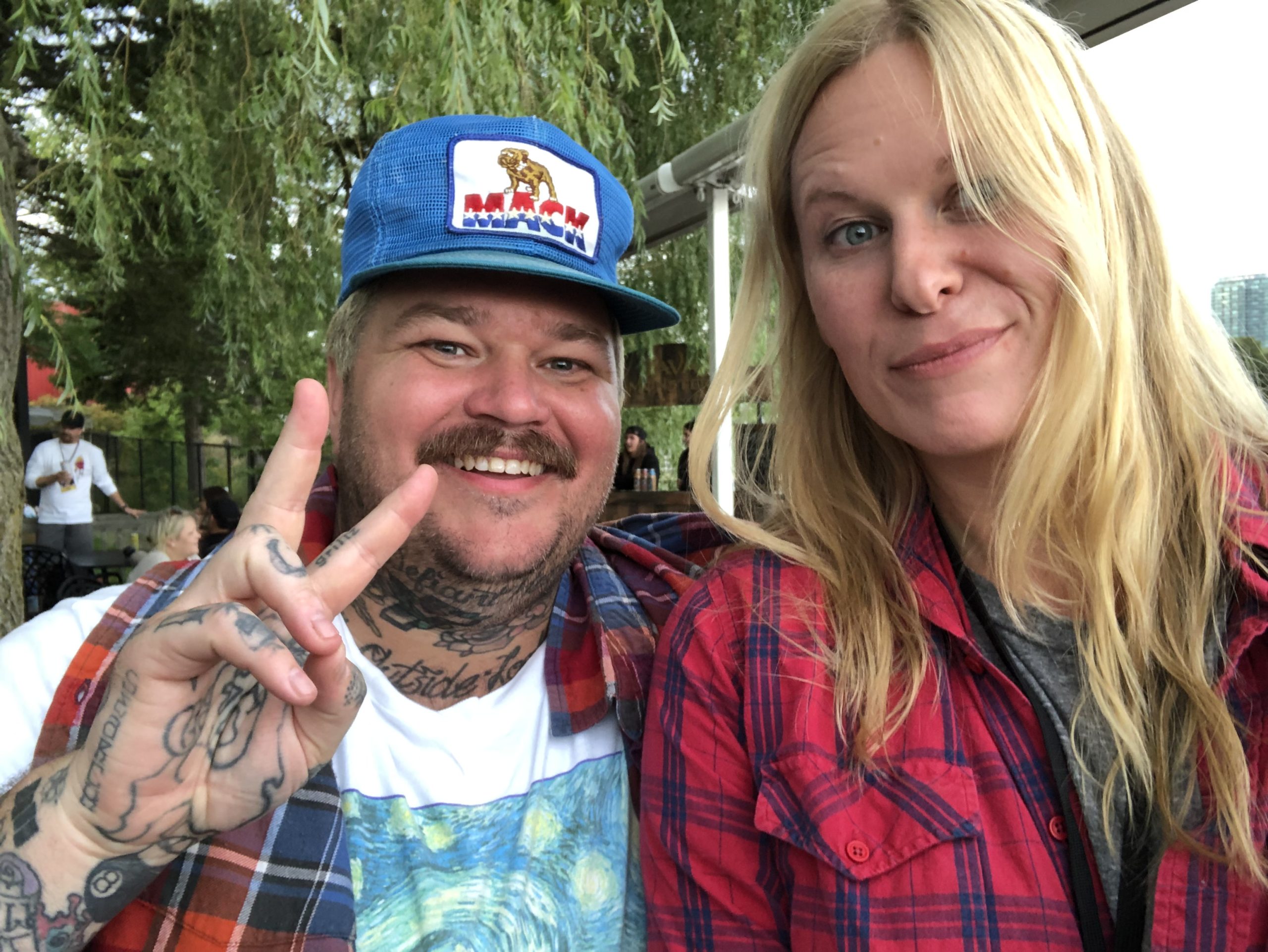
Liz Cowie (BFA 2000) spent her teens taking photographs in Halifax, inevitably landing at NSCAD, where she also fell into film and video.
After a stint working as a photo assistant to numerous fashion photographers, as well as working on her own projects in Toronto, she began working as the women’s clothing buyer at VICE’s flagship store on Queen Street West, kicking off a relationship with the company that ultimately landed her in New York, where she’s been for the past 18 years.
Cowie was part of the inaugural VBT.tv team, which preceded vice.com, working closely with Vice founders Suroosh Alvi and Shane Smith, along with Director Spike Jonze and DP Lance Bangs (Jackass, Portlandia), producing various television and digital documentary series, music videos, advertising campaigns, commercials, and larger, feature length projects.
Ultimately, Cowie became Senior Manager of Development & Alternative Programming at VICE TV. She developed and oversaw a variety of original series for the network such as The Devil You Know, Betraying the Badge, Devoured, and the Emmy-nominated series, Fringe Nation. She left the company — reportedly facing bankruptcy now — in 2022 for freelance work, which has led to her working with the National Film Board as a producer.
What did your time at NSCAD do for your approach to your own work?
It made me appreciate so much more and really gave me a different perspective on peoples work, and also opened up my world of what you could dp, what was possible. I went into photography not anticipating I’d be interested in film and video. NSCAD was wonderful and creative. The classes were smaller, which gave me opportunity to have a voice, or experiment with things and see it where it took me.
When you work in fashion it brings down all the barriers of magazine covers— photography, Photoshop—you really see the making of the pie. I felt like I was really able to explore body and identity and things like that. I’d done that in my work at NSCAD too—when I was studying we looked at Cindy Sherman and people like that, a lot of artists have extreme influence over the fashion world, it goes hand in hand in a weird way.
You moved to New York in the early 00s, at the height of the original indie-sleaze era that’s now coming back around. What was it like?
New York when I moved here was so different than it is now. My first apartment I got on Craigslist. There were bands who had warehouses across the street and I’d open my door to get coffee and there’d be hundreds of people outside in the streets at a party. You couldn’t even get a cab to Williamsburg at the time—cab drivers thought you would rob them or wouldn’t be able to get a fare back to the city. It was an exciting time and we came up with a lot of successful business—American Apparel, Brooklyn Industries, KCDC Skateshop. It was very free. And you got away with a lot. It was a lot of fun.
Giuliani really changed it. I mean, he also cleaned up the city. It wasn’t a real wave of change—it was kicking off when I came here. You’d notice it at every place you went to hang out—you’d be around the Yeah Yeah Yeahs and Death From Above, and then all of that dried up and turned into condos no one could afford. It became much more corporate.
What are some of the VICE projects you’re proudest of?
The VICE Guide to North Korea. The Devil You Know—I had worked on the second season and found the story [about a satanist serial killer in North Carolina who died under mysterious circumstances]. Devoured—that was a food crime show.
Television is great but I needed a break from that world. My priorities have changed over the time I’ve been here—I came here when I was 24, and now I’m not. When you’re in an environment where you’re paying for health care, the economy is questionable, an election that could go belly-up…I wanted to do more creatively freeing work and that’s hard to do no matter what company you work for. There’s no place that exists like VICE, and it’ll never happen again. When The NFB opportunity presented itself and it seemed like a really wonderful creative opportunity.
